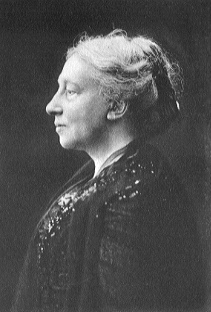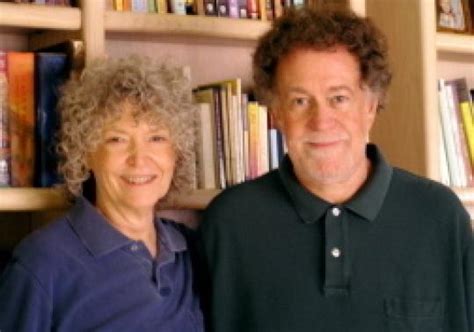A Quote by Ralph Waldo Emerson
What we love that we have, but by desire we bereave ourselves of the love.
Related Quotes
If we don't love ourselves, we would not love others. When someone tell you to love others first, and to love others more than ourselves; it is impossible. If you can't love yourselves, you can't love anybody else. Therefore we must gather up our great power so that we know in what ways we are good, what special abilities we have, what wisdom, what kind of talent we have, and how big our love is. When we can recognize our virtues, we can learn how to love others.
If we conceive that anyone loves, desires, or hates anything which we ourselves love, desire, or hate, we shall thereupon regard the thing in question with more steadfast love, etc. On the contrary, if we think that anyone shrinks from something that we love, we shall undergo vacillation of the soul.
The tamer my love, the farther away it is from love. In fierceness, in heat, in longing, in risk, I find something of love's nature. In my desire for you, I burn at the right temperature to walk through love's fire. So when you ask me why I cannot love you more calmly, I answer that to love you calmly is not to love you at all.
But how can we love someone if we don't like him? Easy-we do it to ourselves all the time. We don't always have tender, comfortable feelings about ourselves; sometimes we feel foolish, stupid, asinine, or wicked. But we always love ourselves: we always seek our own good. Indeed, we feel dislike toward ourselves, we berate ourselves, precisely because we love ourselves; because we care about our good, we are impatient with our bad.









































